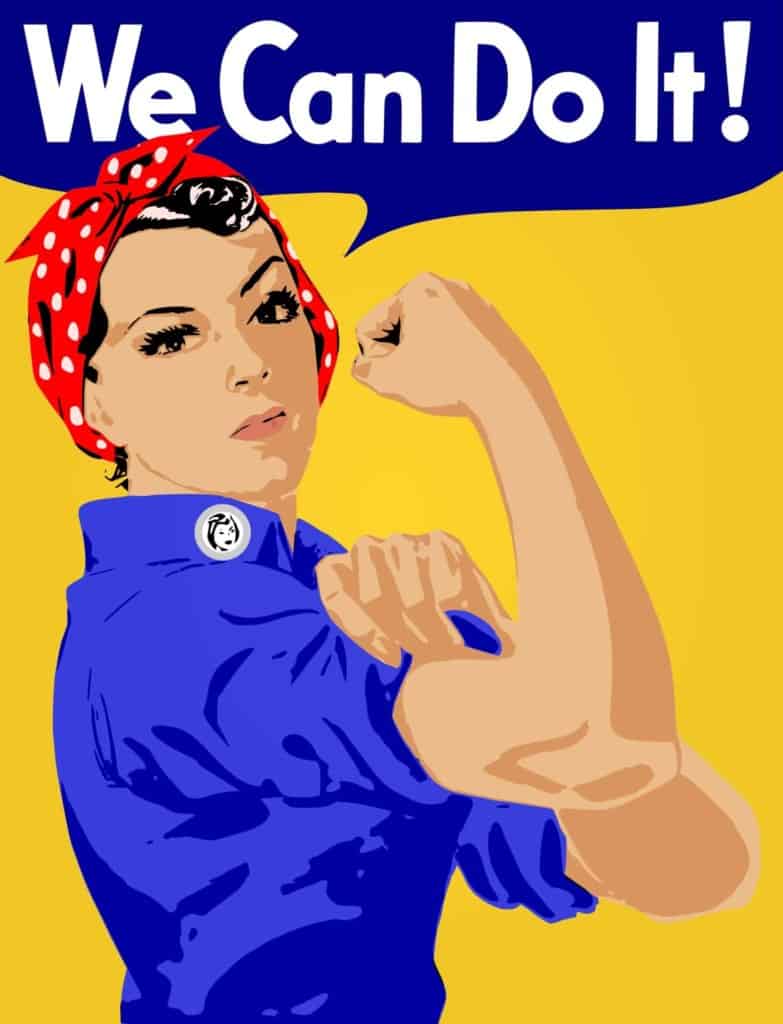Feminism 101: examining the concept
Considering the different experiences of different women
March 8 is International Women’s Day, which generally brings a sharper focus on the global push for equality, as well as a focus on feminism.
But what does feminism mean? The idea of what constitutes feminism and what that means in the context of dismantling inequality is often either over-simplified or overlooked. Intertwined with the issue is the men’s rights movement, which is, for the most part, extremely misogynistic and not actually supportive of men.
At its heart, feminism is founded in the equal treatment of all people, with a specific focus on the many ways women have historically been barred from accessing positions of power. However, this definition is incomplete because it fails to take into account the different experiences of different women, and the ways that many face multiple barriers at once. One example is the differences within the gender wage gap. This term refers to the gap in pay between men and women in a given profession, who are doing the same jobs at the same levels of responsibility and with the same experience. According to the August 2018 fact sheet released by the Canadian Women’s Foundation, women as a group generally make $0.68 – $0.87/hour for every dollar a man makes. Indigenous women make $0.65/hour; racialized women (i.e., black women and women of colour) make $0.67/hour; newcomer women make $0.71; and disabled women make $0.54/hour.
The different ways that multiple barriers impact people is the concept of intersectionality, a term coined in 1989 by Dr. Kimberlé Crenshaw. Intersectionality centres on the multiple lived experiences of people, focusing primarily on the most marginalized. Some view intersectional perspectives as “identity politics”, but since who we are is part of how we interact with the world and how the world responds, how we identify is important. How many news articles have you read about access to abortion that quote at least two men (usually doctors or politicians), and one or two white women (one of whom is usually anti-choice)? The voices of those most impacted by issues of access, e.g., trans men and/or residents of rural or remote communities, are almost never included.
Intersectional feminism also looks at how everyone, including men, is harmed by toxic masculinity. Toxic masculinity is the dominant societal perspective of what it means to be a man, based on certain traits: e.g., lack of emotion, strength, authority, muscular build. But when we take these traits in moderation, there’s nothing inherently masculine about them. Society simply labels these traits masculine because they’re considered desirable. However, these positive traits get pushed to extremes in an effort to define oneself as more masculine, and thus more deserving of respect. Significantly, toxic masculinity consistently requires that women be seen as lesser-than: there is no greater insult among men, in general, than to be compared to a woman because this perspective requires women to be seen as inferior.

Toxic masculinity, and by extension, men’s rights activists (MRAs), view power in our society as a zero-sum game. For someone to be powerful, another must be powerless. MRAs claim that feminism’s push for equality is harmful to men, demonstrating the fallacy of their arguments. MRAs claim that women aren’t oppressed and that women gain power through “gate-keeping” sex. This is yet more toxic masculinity: the idea that women’s value is solely predicated upon their sexual appeal to men.
We must recognize that men, specifically cisgendered (someone whose identity and gender aligns with the gender they were born with), heterosexual, able-bodied white men, currently occupy an unfairly privileged position. In a nutshell: your life as a cishet (heterosexual and cisgender) able-bodied white man may be difficult; but being cishet, able-bodied, and white will never be the things making it difficult.
When MRAs rail at the unfairness of things like child custody arrangements or lack of supports for men, they are railing against the same systemic barriers that feminists seek to dismantle. The difference is that feminism recognizes how systemic issues are continued and perpetrated by patriarchy and ongoing inequality. One way to move things forward is to seek out role models of positive masculinity, like LeVar Burton, Mr. Rogers, Terry Crews, or Bob Ross.
Look at your beliefs around gender roles: are you stuck in some patterns? What would you like to see or do instead?
Featured Image: Identity is important because it’s how we interact with the world and how the world responds to us. | Pixabay







